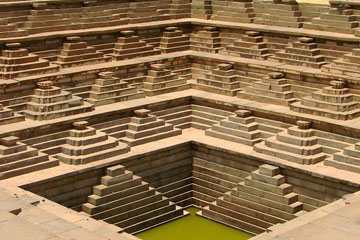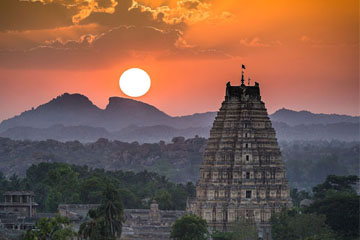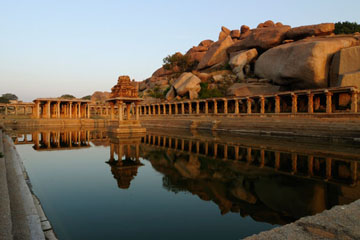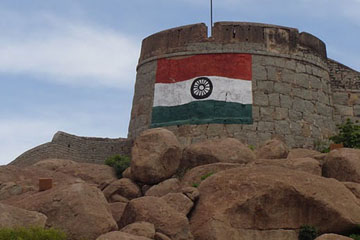About Ballari
Ballari is one of the oldest cities in North Karnataka, located approximately 300 km north of Bangalore,
the capital of Karnataka. The city is renowned for its rich heritage and cultural significance as it was
the erstwhile capital of the Vijayanagara Kingdom. Even today, historical landmarks such as:
- The Stone Chariot
- The Temple of Musical Pillars
- The Lotus Mahal
- The Virupaksha Temple
These remarkable structures can be found in Hampi, a UNESCO World Heritage Site, preserving the glory
of the Vijayanagara Empire.
Industrial Hub
Ballari is the largest producer of iron ore in India, making it a vital industrial hub.
The district is home to nearly 25 major steel plants, including:
- Jindal Vijayanagar Steels Ltd
- Kirloskar Ferrous Industries Ltd
- Mukund Ltd
- Shatavahana Ispat Ltd
Tungabhadra Dam & Natural Attractions
The Tungabhadra Dam (TB Dam) near Hospet is one of India's oldest dams and plays a significant role
in hydroelectric power production. It also supplies drinking water and has one of the largest
irrigation canal networks in the country.
Ballari is also known for its diverse flora and fauna. The scenic landscapes of Sandur
have been admired since the British era, and the Daroji Bear Sanctuary is a one-of-a-kind
wildlife reserve in Karnataka, home to more than 100 Indian sloth bears.
Connectivity & Transportation
Ballari is well-connected to major cities across India via road and rail:
- Multiple daily train services to Bangalore, Hubli, Hyderabad, Chennai, Delhi, and Mumbai.
- Guntakal Junction (40 km away) offers rail connections to Kerala, Tamil Nadu, Andhra Pradesh, and Telangana.
- State-run and private buses operate daily between Ballari and major cities like Bangalore, Mysore, Hubli, Hyderabad, Mangalore, and Chennai.
- Bangalore International Airport (nearest airport) is just a 4-hour drive from Ballari, offering global connectivity.
With its historical legacy, industrial prominence, natural beauty, and excellent connectivity,
Ballari continues to be a thriving center for culture, education, and economic growth.






